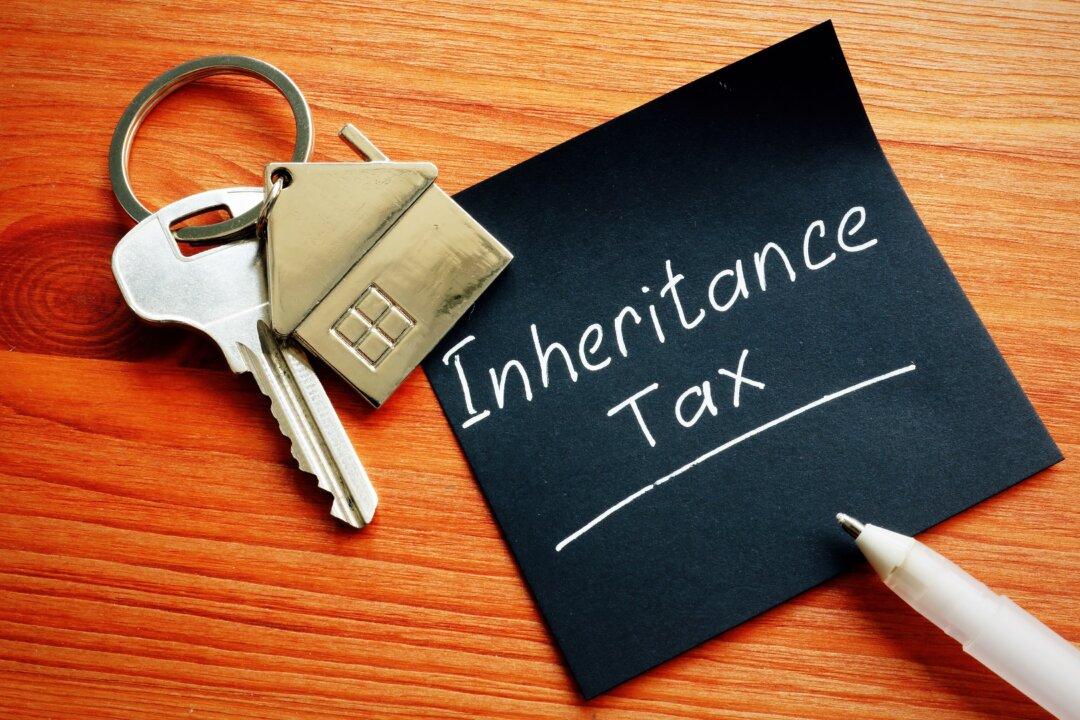You can have good intentions with your estate to pass it on to your heirs. You are sure that they will enjoy the benefits of it and have informed them of it. It is possible, though, that if you have not prepared to get around inheritance taxes, they may not receive nearly as much as you hoped. Enabling your beneficiaries to avoid the tax on inherited money is a part of good estate planning—and you can be sure they will appreciate it.
No Federal Inheritance Tax
The good news is that the federal government does not charge any inheritance tax—but six states do. They are Kentucky, Nebraska, Maryland, Pennsylvania, Iowa, and New Jersey. Each state has an exemption amount, and some people are exempt from the taxes, says PersonalCapital.Capital Gains Tax on Inherited Property
You will pay taxes, in some cases, on both federal and state taxes for capital gains. This tax is only due after the property sells and there is profit.- Estate Taxes
States have a much lower threshold, so you should check with your state to determine the level. There are also several states with inheritance tax and estate tax.
- 401(k)s






